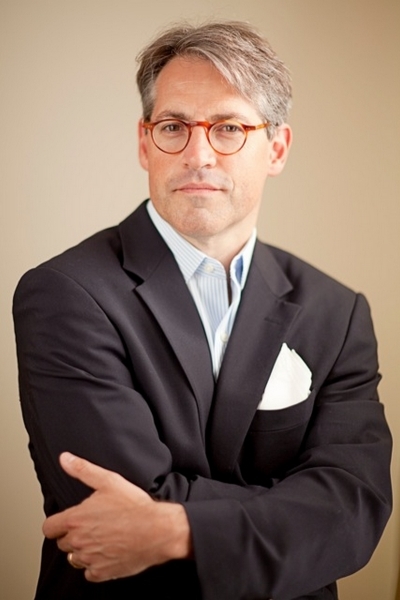The Story of the Century

If you're living in America or Europe, the biggest story of this century is probably not what you think it is. Your global worldview forecast is next.
We told you recently on BreakPoint that despite appearances in our corner of the world, religion is not going extinct. Quite the contrary. Predictions by the likes of Nietzsche, Marx, and Freud that faith would vanish have turned out spectacularly wrong.
Yes, in the West (particularly Europe) religion is on the decline. But on a global scale, secularism is the worldview that's losing steam.
As Giles Fraser wrote recently in The Guardian, "The secularization hypothesis is a European myth, a piece of myopic parochialism that shows how narrow our worldview [is] … Religion is the future."
But which religion?
Recent events have brought radical Islam back into the spotlight. But the world's second-largest and fastest-growing religion is much bigger than the jihadists of Al-Qaeda or ISIS. There are 1.6 billion Muslims in the world, comprising several major sects. And though terrorism puts an exclamation mark on Islam, you could write a whole book about the millions of Muslims who are more concerned with living out their faith than engaging in violent jihad.
And like Christianity, Islam is growing. Fast. A study last year by Pew Research concluded that by 2050, Islam will swell to 2.76 billion adherents, or one third of the world's population! Christianity, meanwhile, is expected to hold on to its title as the world's largest religion, tipping the scales at just under 3 billion professing adherents.
"This means that by 2050," writes Daniel Burke at CNN, "more than 6 out of 10 people on Earth will be Christian or Muslim … [and] Looking even farther into the future, Islam's population could surpass Christianity by 2100."
Simply put, the conflicts and headlines of today are likely only the foreshocks of a profoundly religious century in which two civilizations, ways of life, and worldviews will clash. Secularism and its claims may loom large now. But make no mistake: The story of the 21st century will be defined by two Abrahamic religions, not by irreligion.
One of the takeaways from this is that even though Islam has only been on most Americans' radar since 9/11, it's not going anywhere. It will, for the foreseeable future, vie with Christianity for the hearts and minds of humanity.
So it's utterly crucial that we understand Islam, not just on an academic level, but first-hand, from practicing or formerly practicing Muslims. And we can start by asking the right questions. Why is that faith growing? Where did it come from? What do its different branches believe? And what does the Quran say about Jesus, and how does it differ from what the New Testament says about Him?
One of the best resources on these questions is Nabeel Qureshi with Ravi Zacharias Ministries. My cohost, John Stonestreet, has interviewed Nabeel several times on-air about his conversion from Islam to Christianity. And his books, like "Seeking Allah, Finding Jesus," "No God But One," and "Answering Jihad," offer insights on all of these questions, specifically for Christians.
Qureshi has also responded to the Orlando attack, urging followers of Christ to take the threat of violent jihad seriously, but to treat our Muslim neighbors with love, not suspicion.
"I am not advocating a whimsical or baseless love, which would never stand in the face of Jihad," he writes, "...[but] a love grounded in truth and self-sacrifice, reflecting the person and heart of Jesus Christ."
Folks, amid the clash of civilizations and worldviews, this is the kind of attitude we, our children, and our children's children will need to cultivate. Jesus, after all, commanded us to "make disciples of all nations." And as this century progresses, more and more of those nations will be Muslim.
Originally posted at breakpoint.org.





















